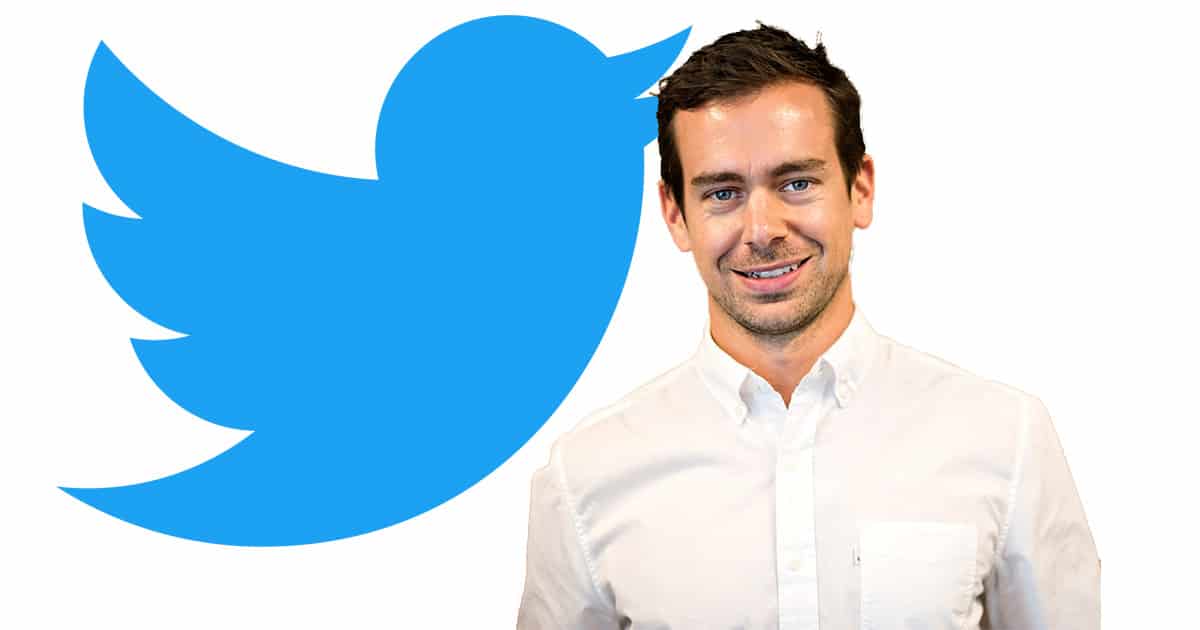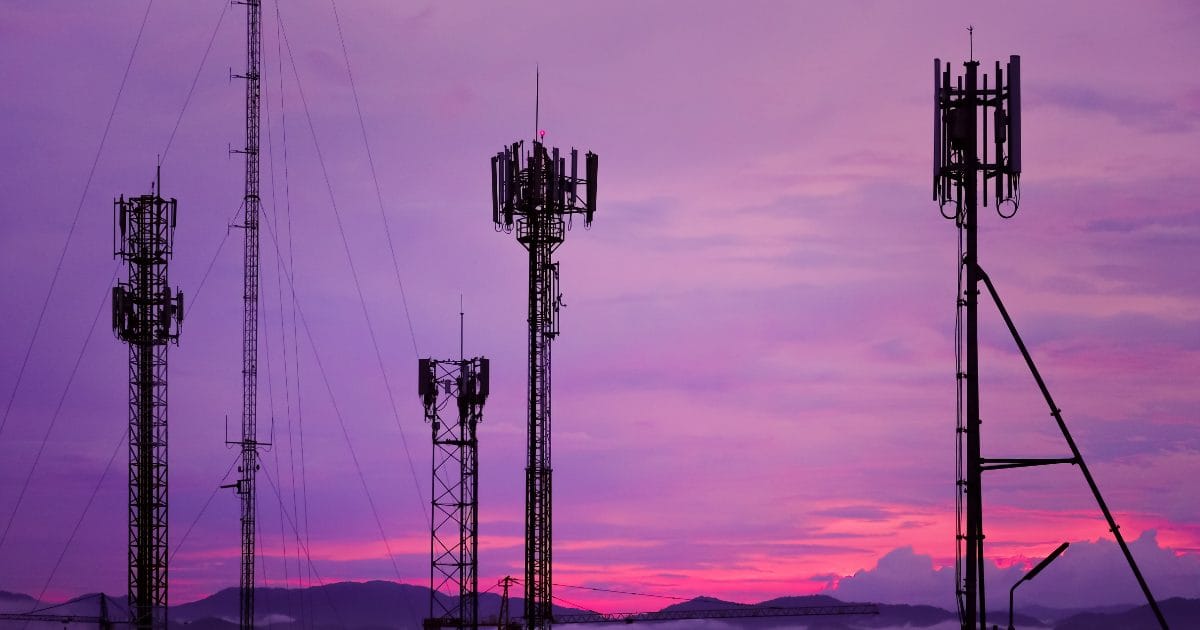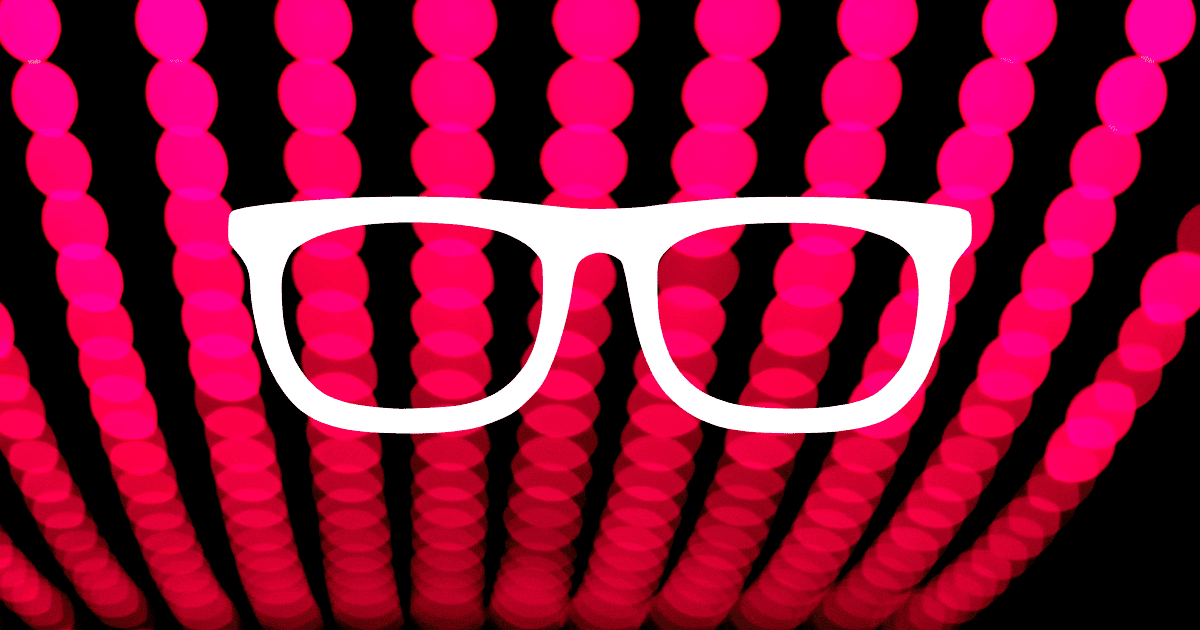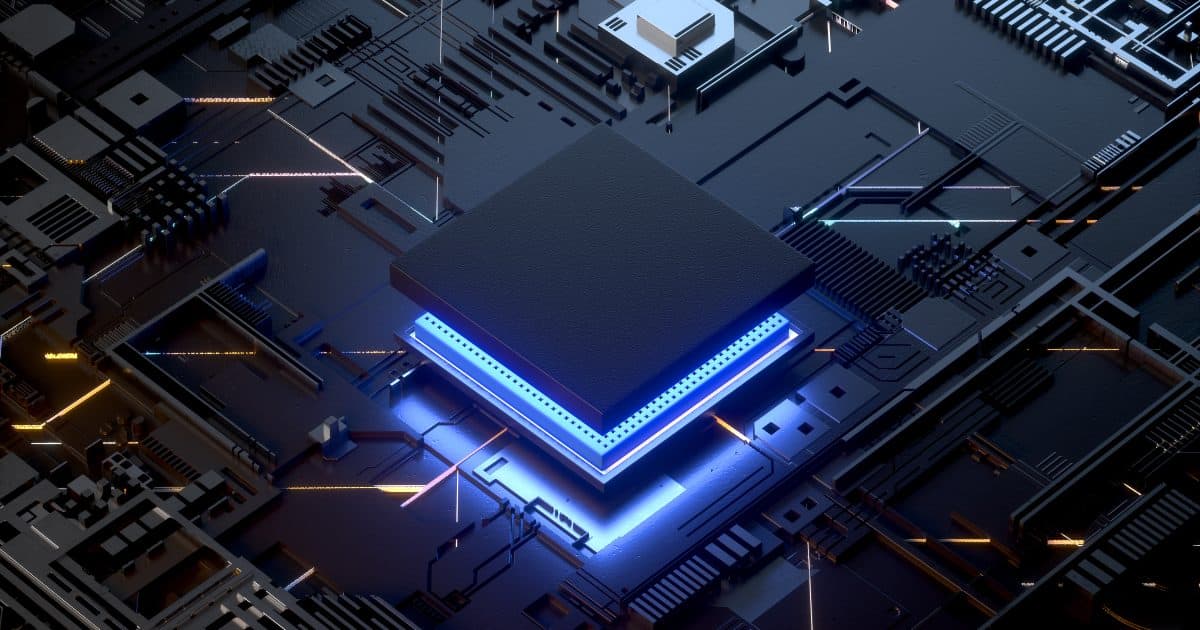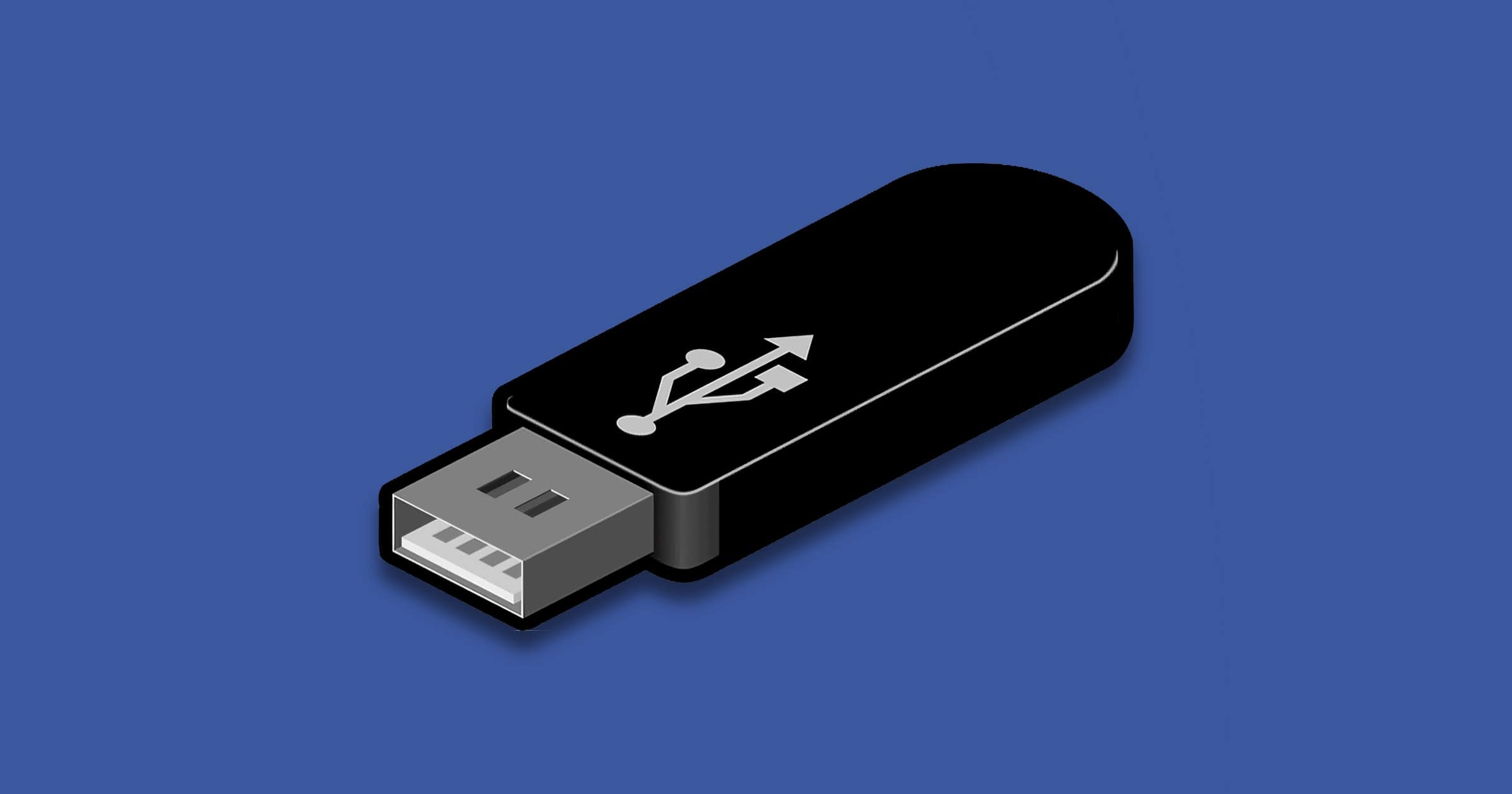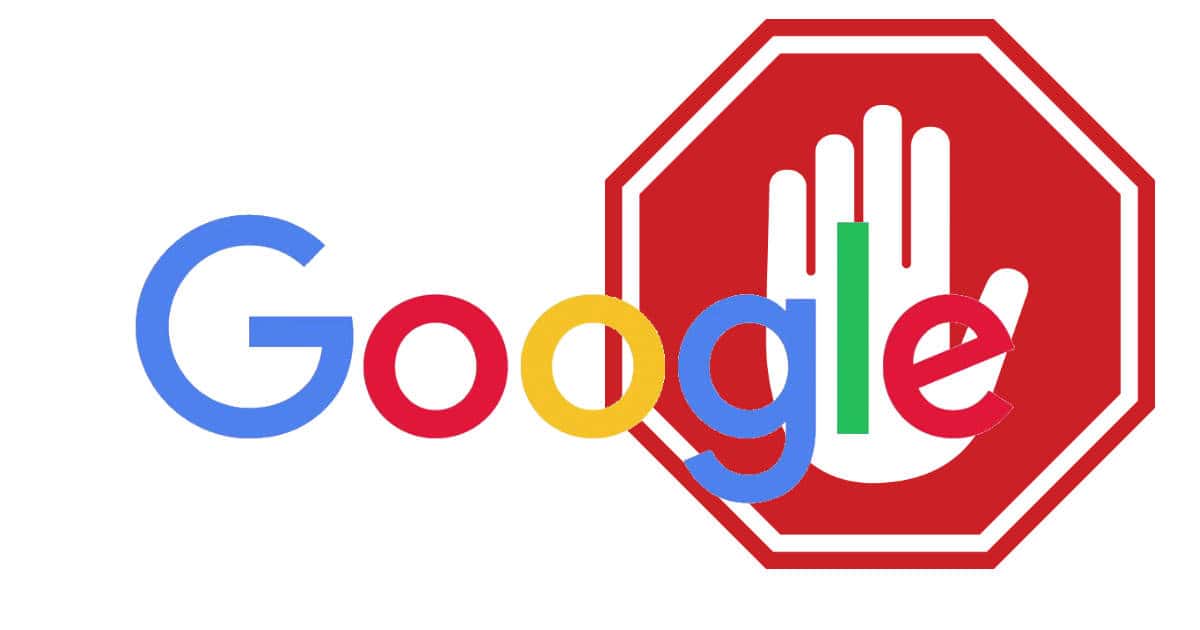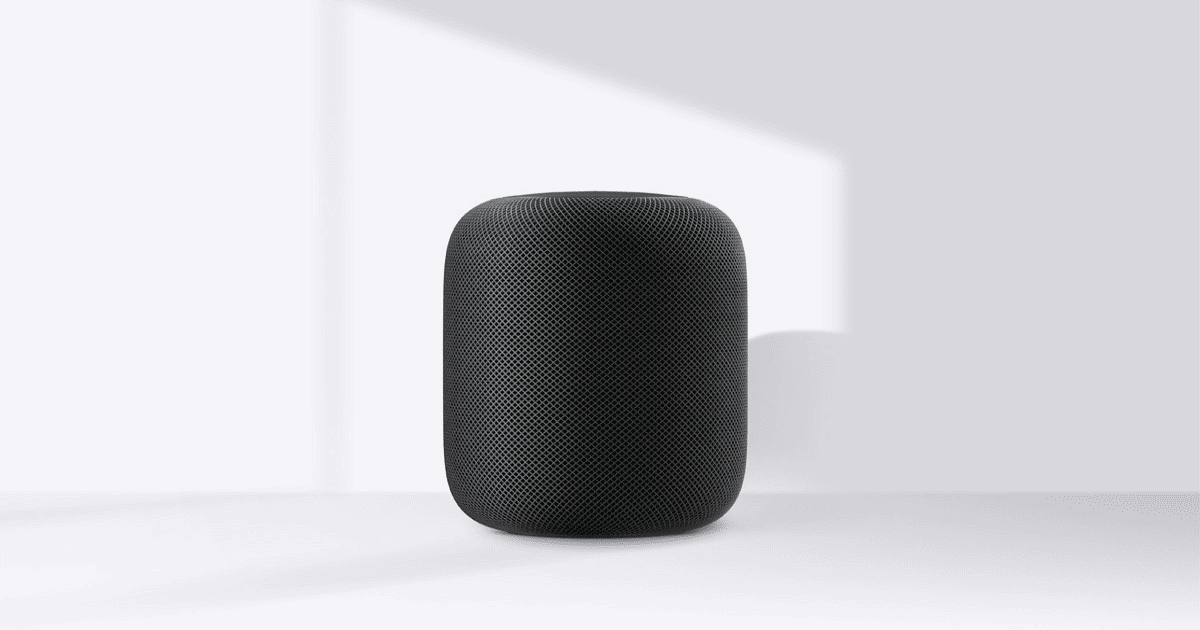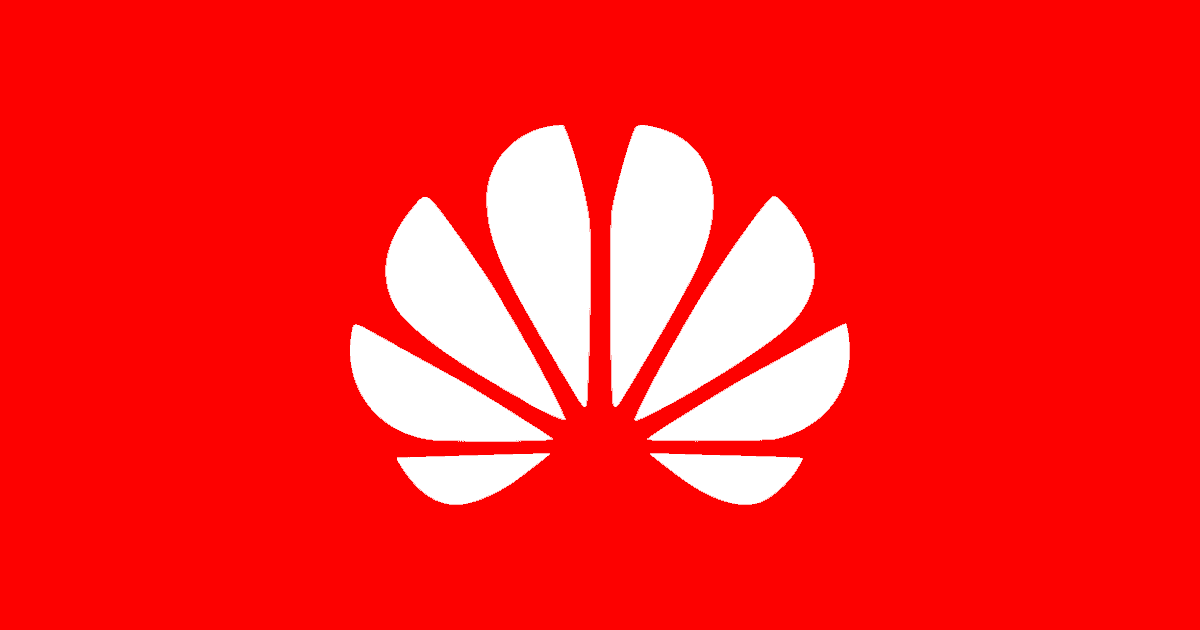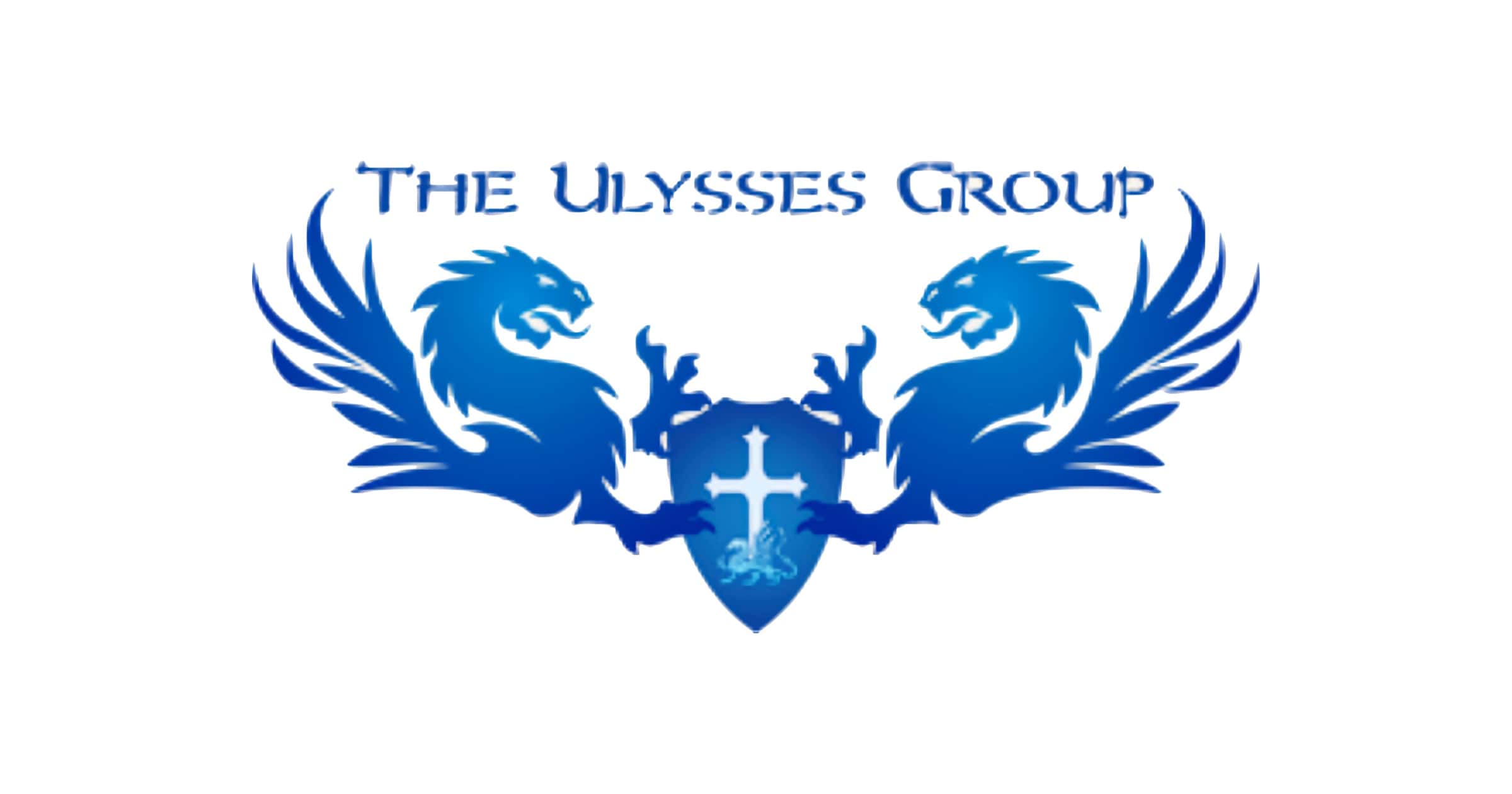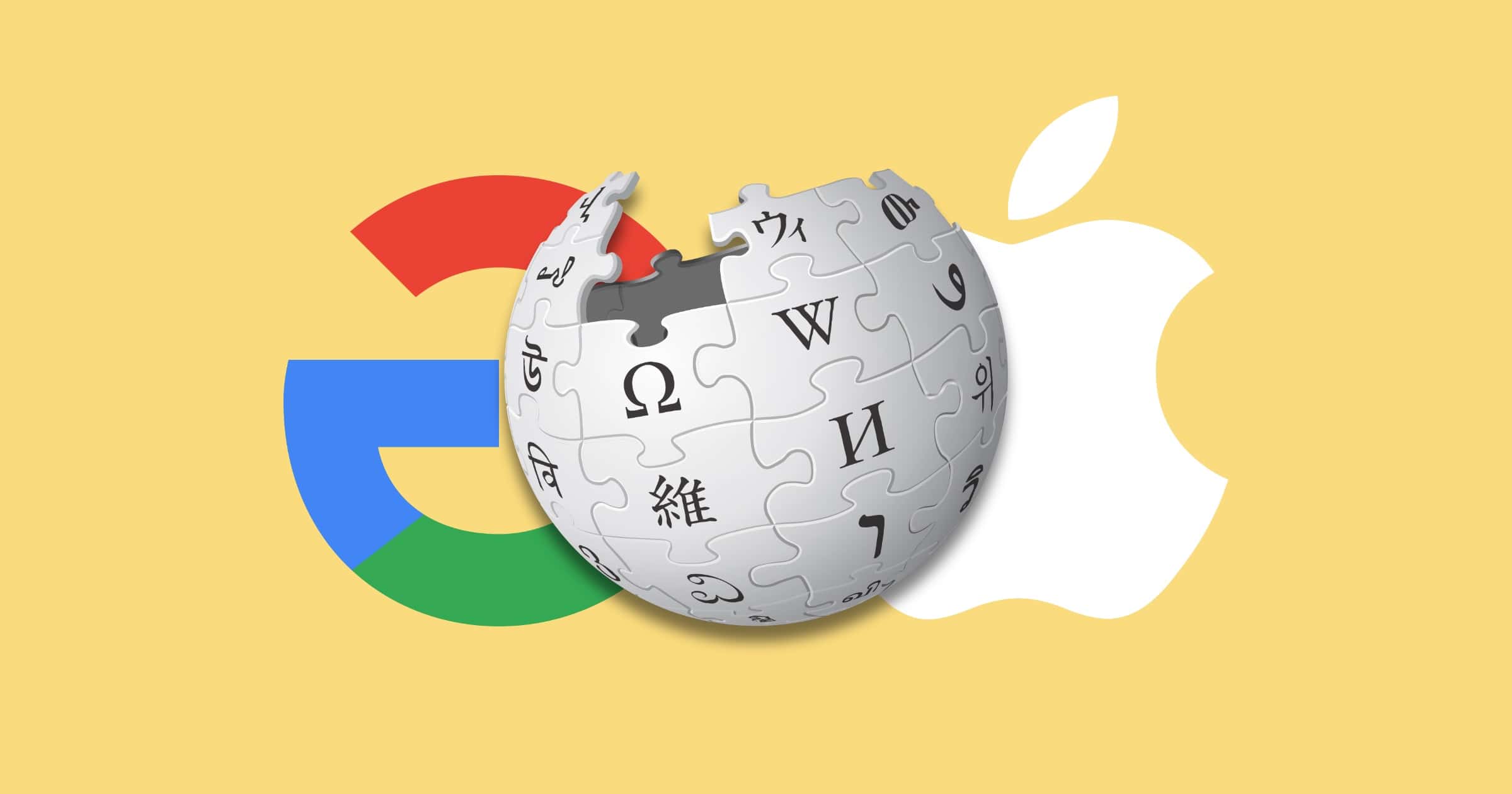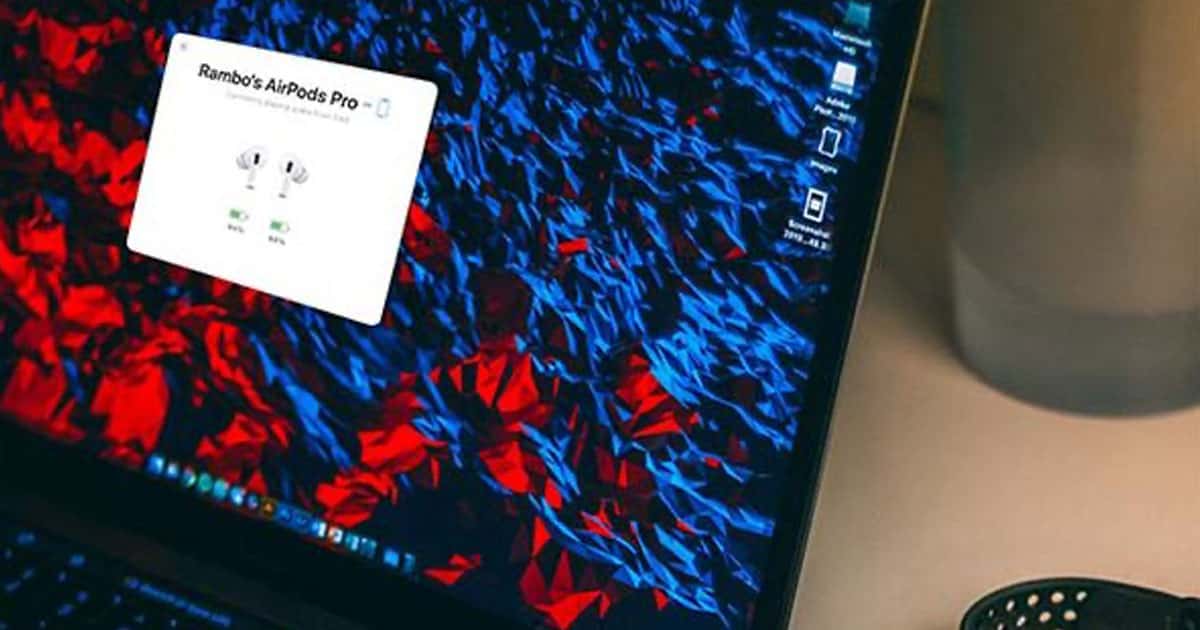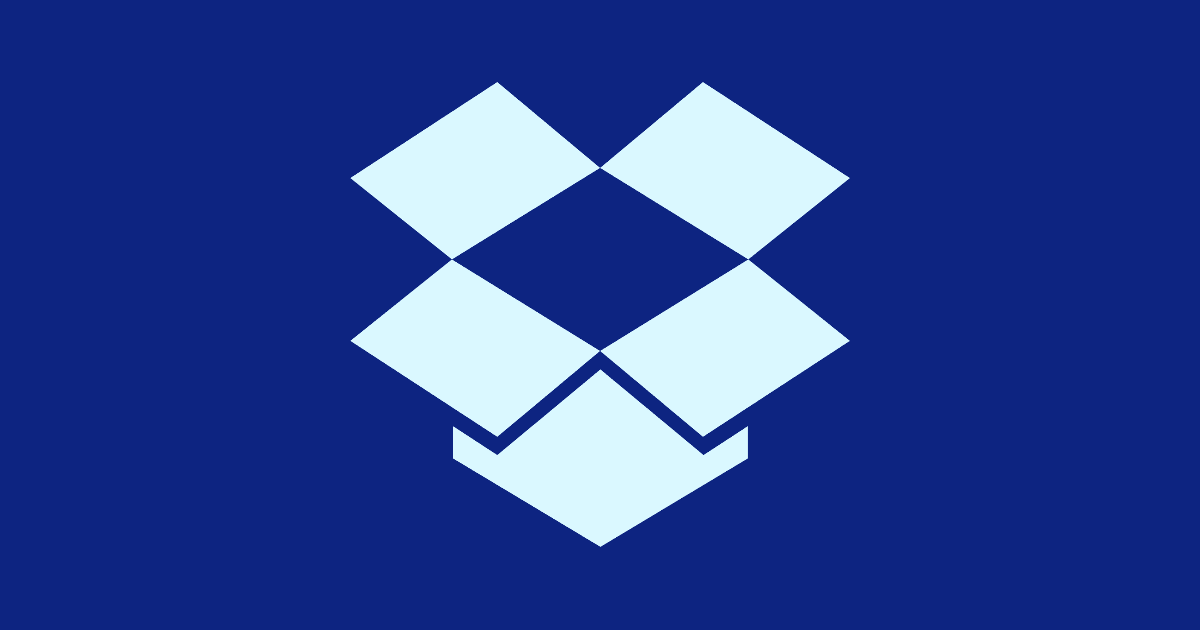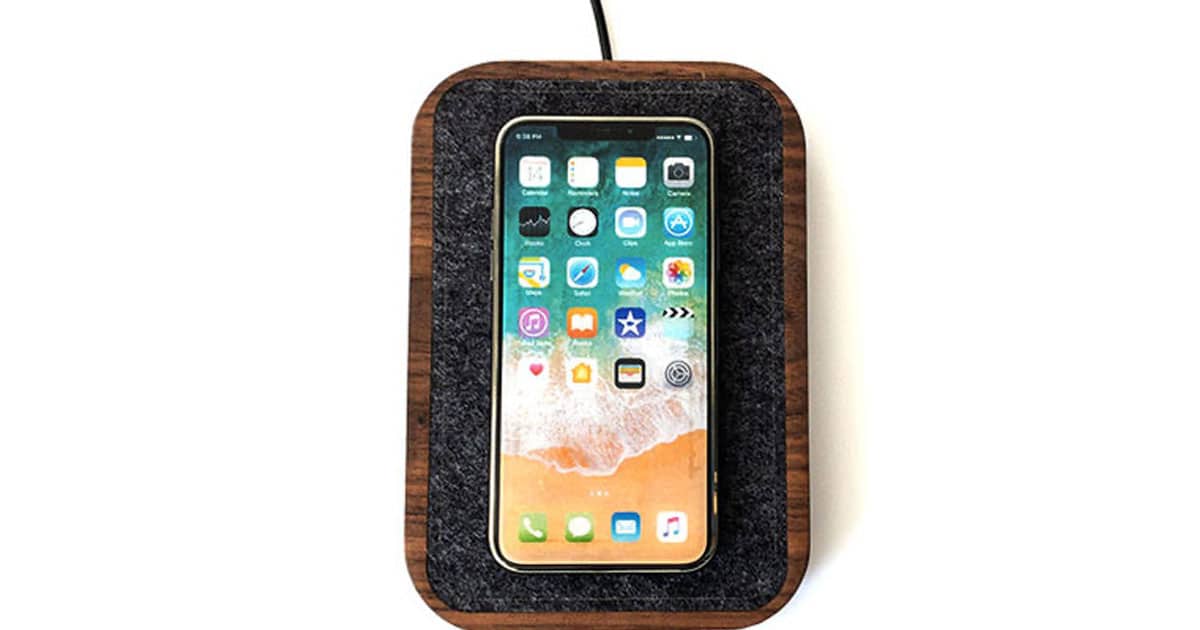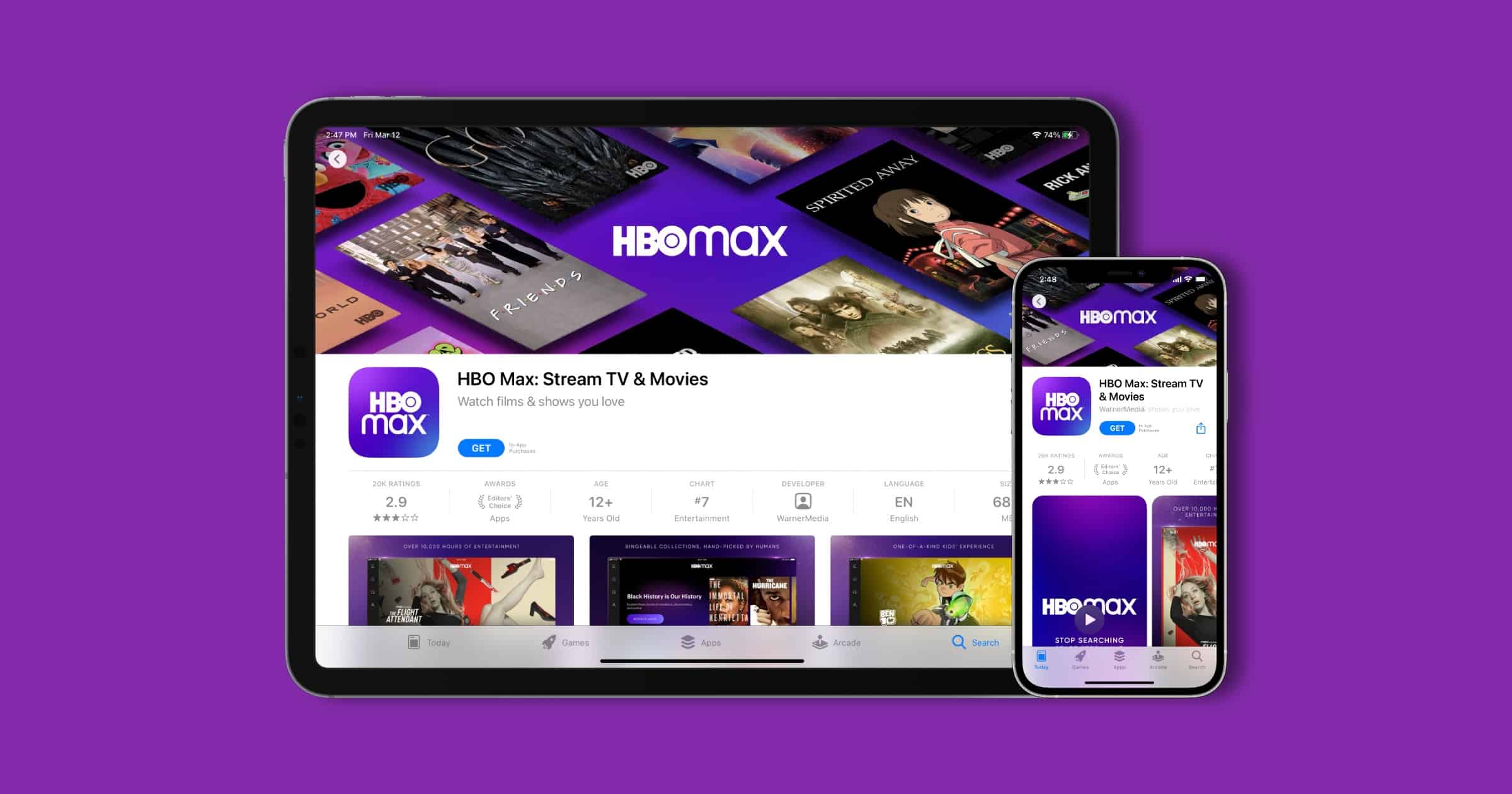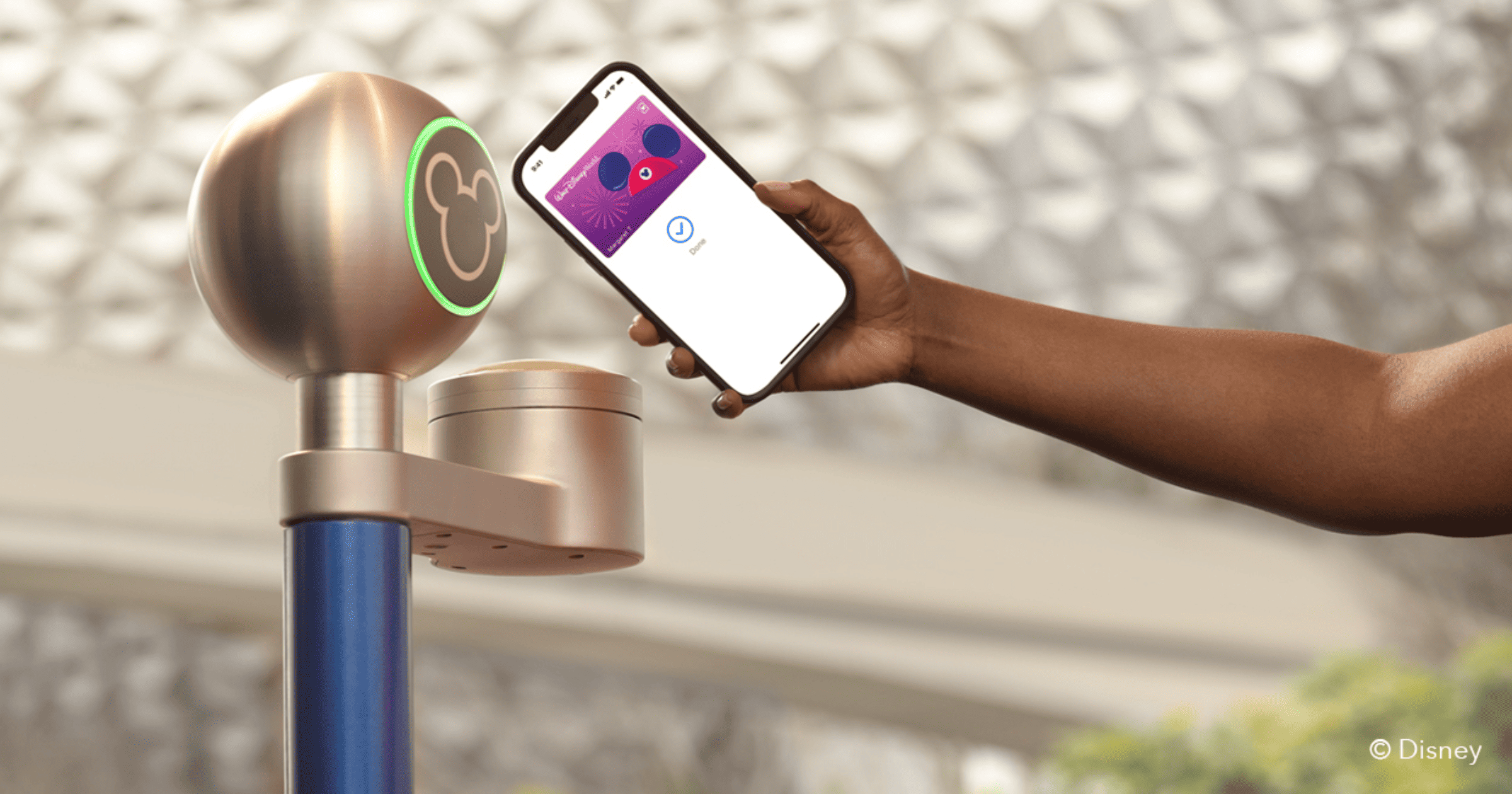Twitter boss Jack Dorsey has sold his first tweet. He did so as an NFT, with the asset earning around U.S.$2.9 million, Reuters reported.
The tweet – “just setting up my twttr” – was Dorsey’s first tweet, made on March 21, 2006. The NFT was sold via auction on a platform called Valuables, which is owned by the U.S.-based company Cent. It was bought using the cryptocurrency Ether, for 1630.5825601 ETH, which was worth $2,915,835.47 at the time of sale, Cameron Hejazi, the CEO and co-founder of Cent confirmed. Cent confirmed the buyer is Sina Estavi. Estavi’s Twitter profile, @sinaEstavi, says he is based in Malaysia and is CEO of the blockchain company Bridge Oracle. Estavi told Reuters he was “thankful” when asked for comment about the purchase.
